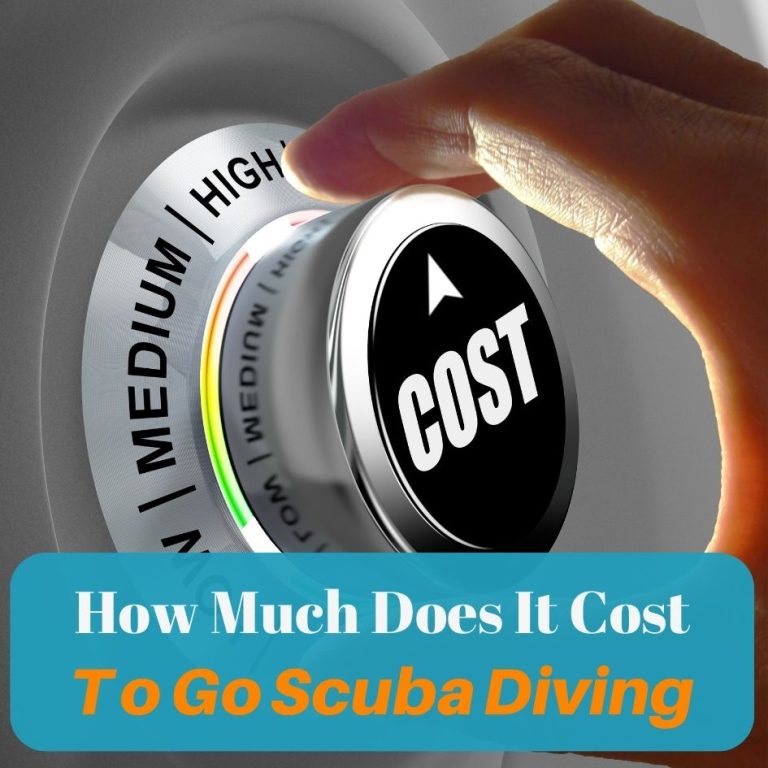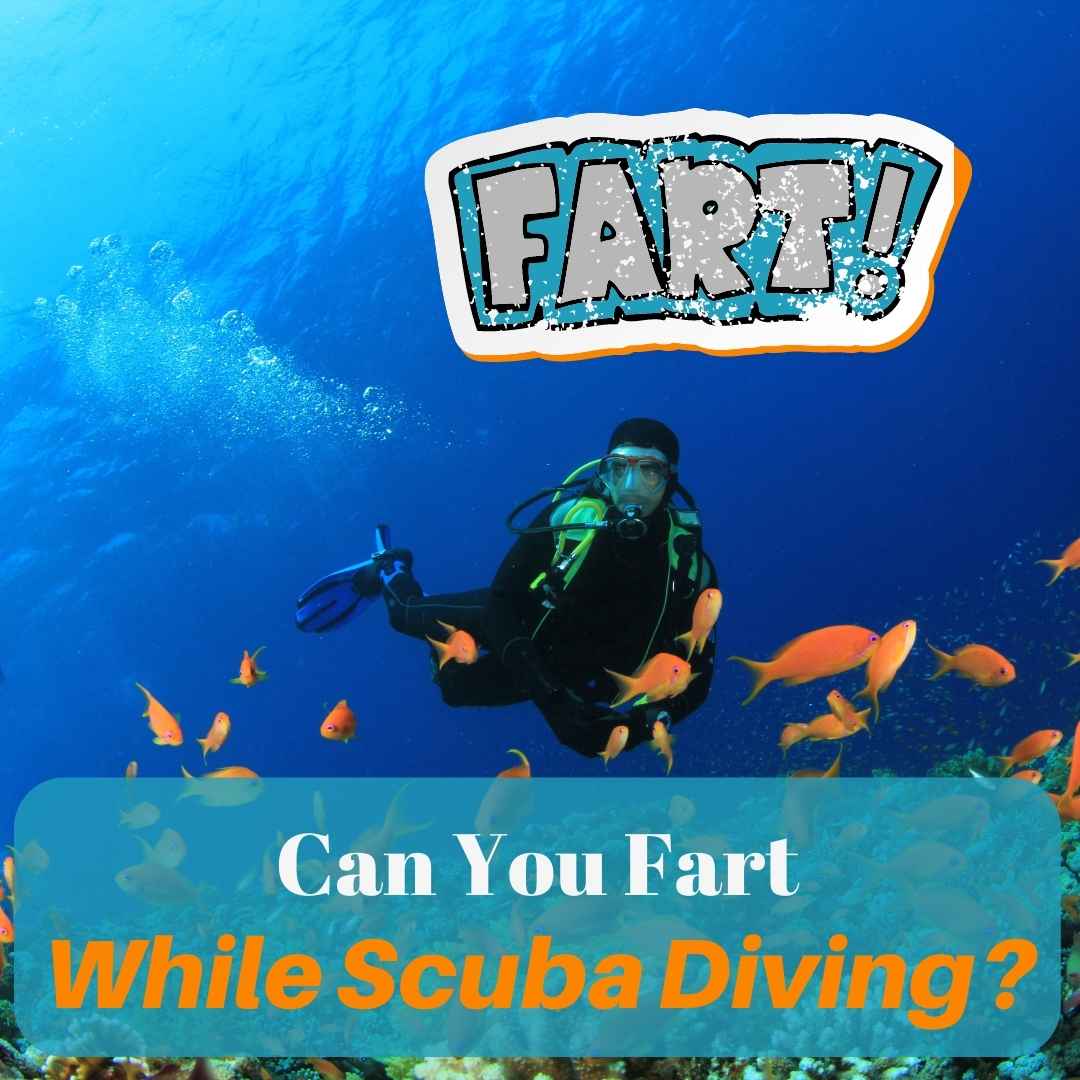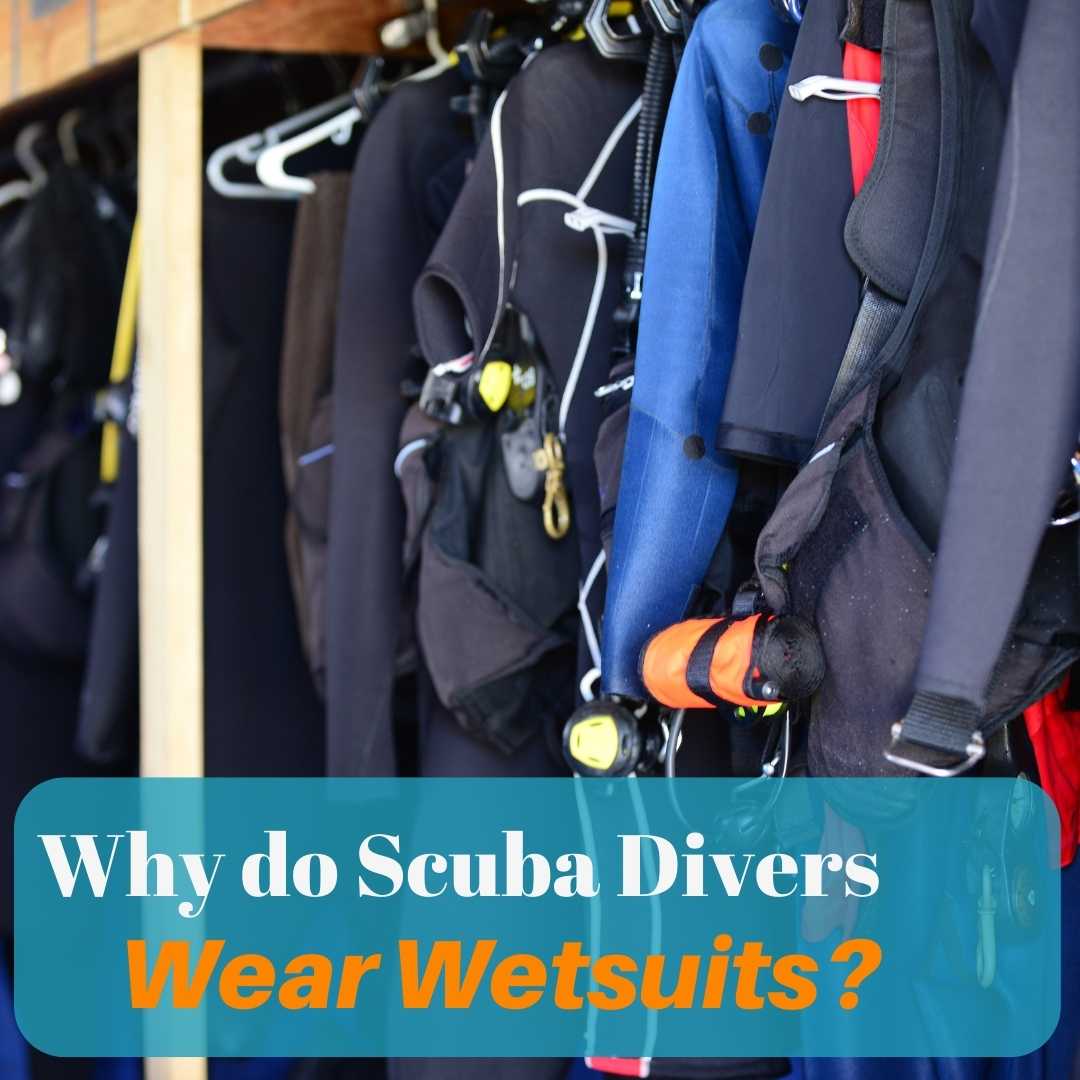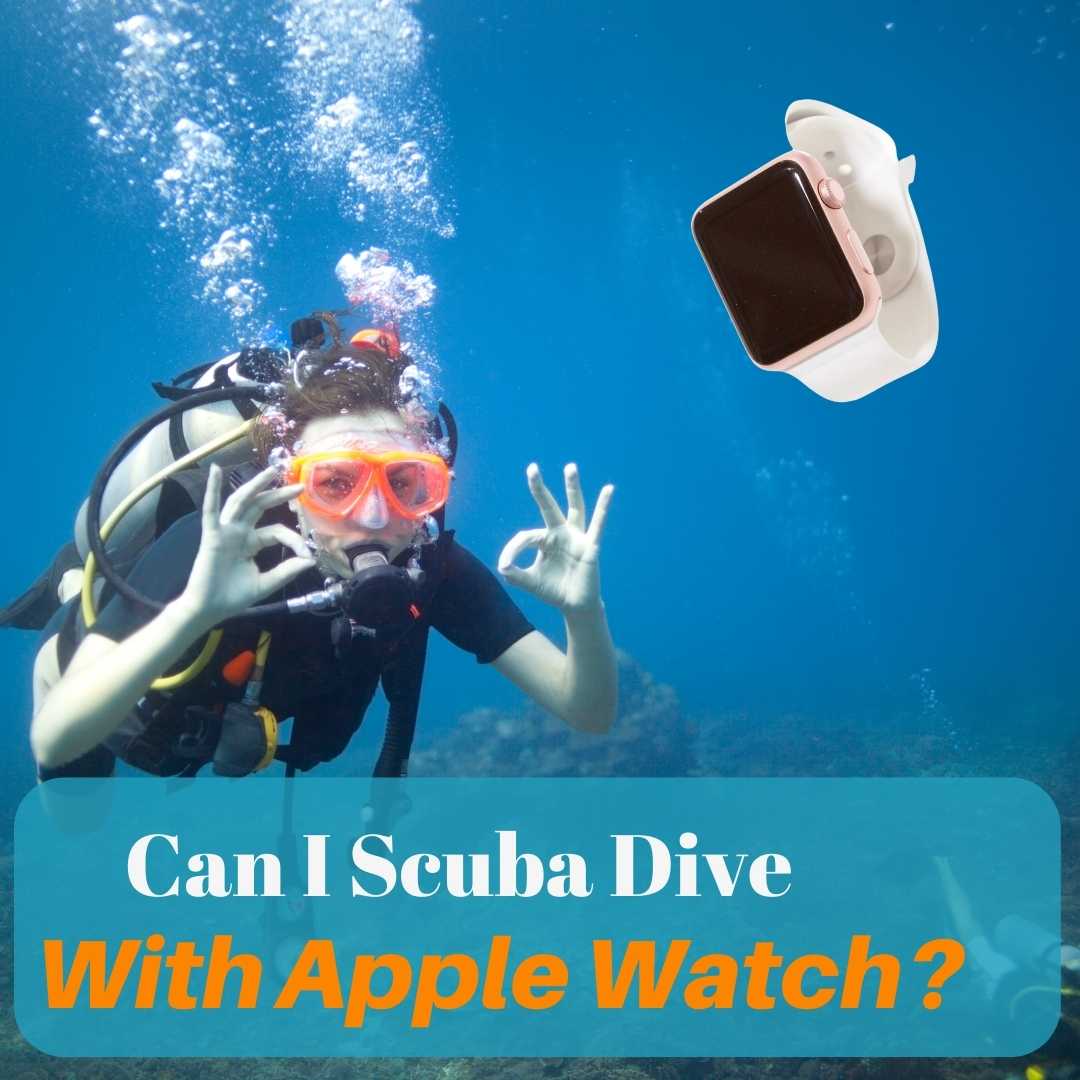Scuba diving is a captivating way to explore underwater worlds, but for those considering this hobby, understanding the financial investment is crucial. The costs associated with scuba diving are quite variable and hinge on factors such as certification, equipment, and the desired location for diving experiences. Initial expenses include obtaining certification, which ranges between $450 to $650, with gear averaging around $2,000 if purchased. Costs can escalate based on the quality of the equipment and the destination of the dives.

Diving costs also encompass recurring expenses, such as boat and dive tours, which generally cost $50 to $150 per day, in addition to dive insurance. For those looking to manage expenses, it’s important to recognize that there are options to rent equipment and seek package deals on diving tours. Additionally, costs can fluctuate depending on whether one chooses to dive locally or opt for international destinations, where travel and accommodation will add to the budget.
Key Takeaways
- Scuba diving offers variable costs based on certification, equipment, and location.
- Key initial investments include certification and purchasing or renting gear.
- Options exist to manage recurring diving expenses through rentals and package deals.
Table of Contents
Understanding Scuba Diving Costs

When planning a scuba diving trip, one must consider the costs related to equipment rental, certification, and dive location fees. These components are crucial in budgeting for the experience.
Equipment Rental Fees
For those who don’t own scuba gear, renting equipment is a necessity. Rental fees typically include the tank, regulator, buoyancy control device (BCD), wetsuit, fins, mask, and snorkel. Depending on the location, the cost can range from about $50 to $100 per dive. Some shops offer packages that may reduce the per-dive expense.
Certification Courses
Becoming a certified diver is the first step for anyone new to scuba diving. Certification course prices vary widely, usually falling between $200 to $600. This price should include educational materials, pool sessions, and open water dives necessary for certification. Online course options might offer some savings by allowing students to complete theoretical parts at home.
Dive Location Fees
The costs associated with diving locations can include permits, boat fees, or entry to protected aquatic areas. For instance, a single boat dive might cost around $75 to $150, while shore dives could be less expensive. Specialty dives like night diving or wreck exploration often come with a higher price tag due to additional equipment and guidance required.
Factors Influencing Scuba Diving Expenses

Scuba diving expenses can be significantly affected by a variety of factors. Understanding these can help divers budget accordingly.
Dive Depth and Duration
- Dive Depth: The deeper and longer the dive, the more costly it can be. This is due to the increased use of specialized equipment and potentially higher certification levels required for safety.
- Duration: Extended dives or multiple dive packages can increase the overall cost. Divers typically pay between $30 to $150 for a single dive, while multiple-day packages can range from $200 to $800.
Geographical Location
- Dives in high-demand Locations: Popular dive sites tend to have higher fees. This is partly because of the increased operational costs dive operators have to cover in these areas.
- Remote Regions: Costs may also rise due to the logistical challenges associated with providing scuba diving experiences in remote or less accessible locations.
Seasonal Variations
- Peak Season: Prices can surge during the high season in prime diving locations as demand spikes.
- Off-Season Discounts: Divers might find lower prices during the off-season, but they should be aware of the potential trade-offs in terms of weather conditions and visibility.
Saving on Scuba Diving

Scuba diving can be a costly activity, but divers can enjoy the underwater world without breaking the bank by taking advantage of specific saving opportunities and strategies.
Group Packages
Divers often find that dive centers offer group discounts. It’s cost-effective for a dive shop to service multiple divers at once, resulting in better rates. By organizing a group of friends or joining a diving group, one can save on per-person costs, as shops may offer deals like ‘book five spots and get the sixth free’.
Off-Peak Deals
Traveling during off-peak seasons can lead to significant savings. Many dive destinations have a high and low season. During low season, one can expect dive shops to offer lower prices to attract more divers. This not only benefits the wallet but often provides a less crowded and more enjoyable dive experience.
Used Equipment
Investing in pre-owned gear can greatly reduce the initial outlay for scuba equipment. Many divers sell equipment that’s still in good condition but at a much lower cost than new gear. It’s crucial to ensure that used equipment is safe and functional. Buying from reputable sources and having gear checked by professionals is always recommended.
Frequently Asked Questions

This section addresses common inquiries regarding the financial aspects of diving into the world of scuba.
What is the cost of obtaining scuba diving certification?
The cost for scuba diving certification can vary widely, but one can expect to pay between $200 and $700. This fee generally includes the course material and pool training.
How much does a full set of scuba gear typically cost?
A complete set of scuba gear can range from $300 for basic, entry-level equipment to over $2,000 for high-end gear.
Are there significant cost differences for scuba diving in various locations, such as Hawaii or Florida?
Scuba diving costs can indeed differ by location due to varying demand and cost of living. Hawaii and Florida, as popular diving destinations, may also have a premium on certain services.
What expenses should be expected when first starting out in scuba diving?
Initial scuba diving costs include certification fees, rental or purchase of equipment, and possibly travel expenses to dive sites. An initial budget of around $500 can be a good starting point for beginners in the USA and Europe.
How much should one budget for scuba diving as a hobby?
For those who wish to pursue scuba diving as a hobby, one should consider the ongoing costs of gear maintenance, refills, and dive trip fees. An annual budget can range significantly based on frequency and location of dives.
What are the average ongoing costs associated with scuba diving after initial training and gear acquisition?
After initial investments, divers face recurring costs such as dive trip fees, equipment servicing, and tank refills, typically ranging from $75 to $150 per dive.




